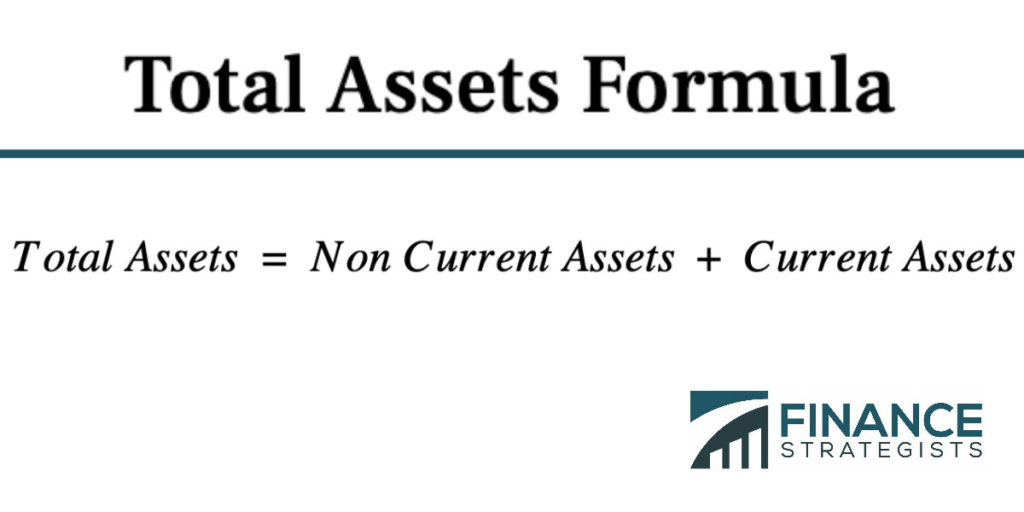Trusts can be powerful tools for managing and distributing assets, but not every asset belongs in a trust. As you navigate the complex world of estate planning, it’s crucial to understand which assets are best kept out of trust. In this article, we’ll explore what assets should not be in a trust and why.
Assets subject to creditor claims
When planning for your estate, it’s important to consider which assets should not be placed in a trust to protect them from creditor claims. Certain assets are better left outside of a trust to ensure they remain safe from potential legal actions. include:
- Retirement accounts: Assets held in a retirement account such as a 401(k) or an IRA are generally protected from creditors, so it may be best to leave these assets outside of a trust.
- Life insurance policies: The proceeds from a life insurance policy are typically protected from creditor claims, making it unnecessary to place them in a trust.
- Personal property: Items such as jewelry, artwork, and other personal belongings are usually not at risk of being seized by creditors, so there is no need to transfer them to a trust.
| Asset Type | Protection from Creditors |
|---|---|
| Retirement accounts | Protected |
| Life insurance policies | Protected |
| Personal property | Not at risk |
Assets with tax advantages
When considering which assets to include in a trust, it’s important to be aware of certain types of assets that may not benefit from the tax advantages that a trust can provide. These assets typically include:
- Cash: While cash can be placed in a trust, it does not provide any tax advantages as it does not appreciate in value.
- Personal Property: Items such as jewelry, artwork, and collectibles are not typically included in a trust for tax purposes, as they are subject to capital gains taxes upon sale.
- Retirement Accounts: Assets held in retirement accounts, such as IRAs and 401(k)s, already have tax advantages built in, so there is no need to include them in a trust.
It’s important to consult with a financial advisor or estate planning attorney to determine the best approach for including assets in a trust. By carefully selecting , you can maximize the benefits of a trust and ensure that your assets are protected for future generations.

Assets with beneficiary designations
When it comes to estate planning, it is essential to consider which assets should not be included in a trust. are one example of assets that typically should not be placed in a trust. These assets include life insurance policies, retirement accounts, and payable-on-death (POD) bank accounts. By designating beneficiaries directly on these assets, you can ensure a smoother transition of ownership upon your passing.
allow you to bypass the probate process, which can save time and money for your loved ones. This streamlined approach also offers more privacy since do not need to go through the public probate process. By keeping these assets out of your trust, you can ensure that they go directly to your chosen beneficiaries without delay.

Jointly owned assets
When considering what assets should not be in a trust, it’s important to understand that certain may not be suitable for inclusion. are typically owned by two or more individuals, each with a stake in the property. These assets often come with their own set of rules and considerations that may not align with the purpose of a trust.
Assets that should not be included in a trust if they are jointly owned include:
- Joint bank accounts: These accounts are already shared with another individual, making them difficult to transfer into a trust without consent from all parties involved.
- Jointly held real estate: Properties owned jointly with another person may require special consideration when it comes to transferring ownership into a trust.
In conclusion, when considering what assets to place in a trust, it is important to remember that certain assets may not be suitable for this estate planning tool. Assets such as retirement accounts, certain life insurance policies, and assets with built-in tax advantages should typically be kept out of a trust. Additionally, assets that are intended to be transferred to beneficiaries directly, like jointly held property or payable-on-death accounts, may not need to be included in a trust. By understanding which assets should not be in a trust, you can make informed decisions to protect and distribute your assets effectively. Always consult with a trusted estate planning attorney or financial advisor to ensure your assets are appropriately managed and distributed according to your wishes.




